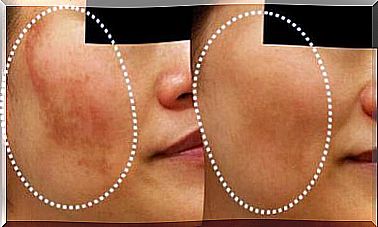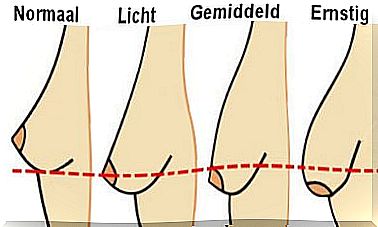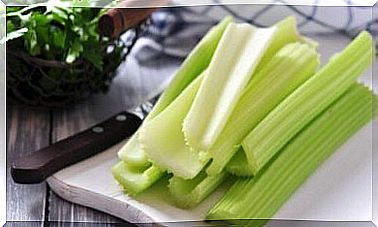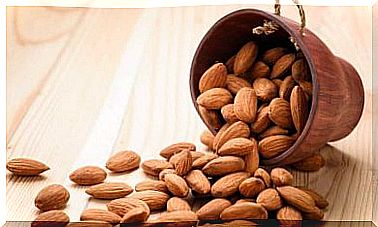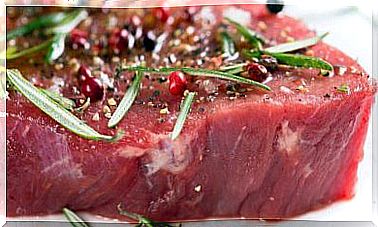The Pineal Gland: Regulator Of Your Cycles And Your Third Eye
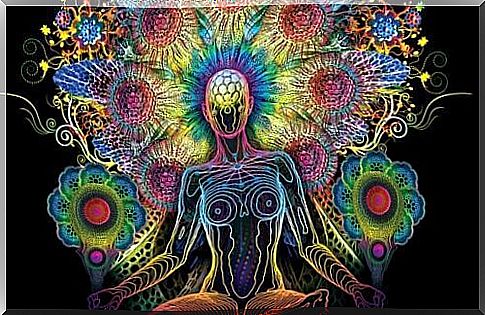
The pineal gland or epiphysis is shaped like a pineal. That’s where the name comes from. This gland plays an important role in regulating your sleep patterns and circadian rhythm and seasonal cycles.
It’s small (only about 8 millimeters long) and it sits in a very special place in your brain, right between the two hemispheres, sandwiched in the area where the two parts of the thalamus meet.
Something else that is interesting about the pineal gland is the whole world of spirituality, magic and tradition that is built around it.
It is not a new subject of study. Actually, Descartes said in his time that this is where the soul of man is found and where according to our mystical traditions our ‘third eye’ is found.
However, aside from these less scientific approaches, the truth behind this little gland goes way beyond what they’ve been able to tell us.
It is a gland that is essential to your health and deserves a deeper understanding.
The pineal gland regulates our cycles
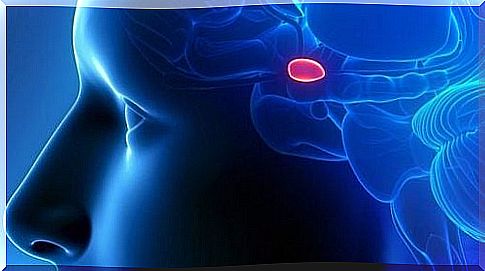
We’ve already talked about melatonin and its role in the body.
This hormone is what makes us:
- allows to rest
- fall asleep
- immune system strengthened
- helps prevent the premature aging of our brains
Something that is important to know is that the pineal gland is exclusively responsible for producing melatonin when you are in the dark and inhibits it when there is light.
The process is controlled by the light-sensitive cells of your retina. These are the ones that detect light and send this information to your pineal gland.
It’s a perfect, beautiful process.
It is also known that proper regulation of melatonin means you have more energy and better health. The problem with the pineal gland, however, is that it ages faster.
Let’s take a look at a few more facts below.
The pineal gland and calcification
The pineal gland works like a perfect biological clock. He has the ability to help us adapt to the changing seasons. In addition, it helps us to sleep better at night and to be in harmony with the seasons of nature.
It is a difficult problem in today’s busy world, where we are constantly surrounded by artificial light. Light that affects the internal balance of the pineal gland.
Something to consider and try not to forget is that this gland is very sensitive to environmental factors such as:
- pollution
- electric light
- stress
- vitamin D deficiency
It’s also interesting to know that the pineal gland receives more blood than any other part of your brain. It actually gets almost the same amount of blood as your kidneys.
However, the gland loses its functionality after you reach puberty.
As you age, your pineal gland tends to calcify.
A calcified pineal gland doesn’t work very well. That means that you not only have trouble sleeping and suffer from fatigue and memory problems. It also means you’re at greater risk of aging with a less agile brain.
Your ‘third eye’ or headquarters of the soul
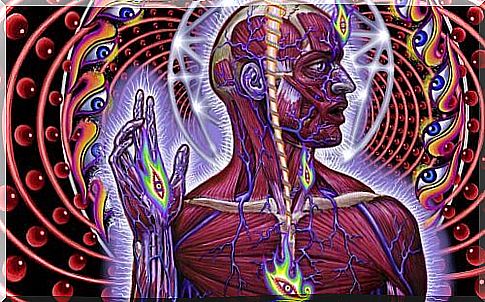
As we said at the outset, the pineal gland symbolizes the third eye in many spiritual philosophies. That is capable of spiritual awakening as well as your most sensitive capacities or a heightened state of consciousness.
Activities such as yoga emphasize this part of your brain. There are also animals that really have this “third eye”.
The tuatara, for example, is a type of reptile in New Zealand with a third eye. It is small and located on top of its head. He has two very specific roles:
- one is hormonal
- the other is thermoregulation
How can I take better care of my pineal gland?
Your pineal gland’s worst enemy is calcification.
It is very difficult to prevent this from happening over the years. But you can postpone it with certain activities and a lifestyle that helps keep the pineal gland healthy.
Here are a few tips:
- Live in accordance with the cycles of nature and sunlight.
- It is highly recommended to take advantage of the hours of sunlight in a day to go for a walk or take a sunbath. But always remember to do this safely and avoid the hours with the most intense UV rays.
- The light from your computer, cell phone and television is very harmful to your pineal gland.
- The best thing to do if you want to let him do his job is to turn off all appliances an hour before you go to bed.
- Sleep in complete darkness.
- Vitamin D is ideal if you want to take good care of this gland.
- Pollution, especially fluoride, is very harmful to your pineal gland. One way to get rid of excess fluoride is to eat fresh fruits, especially tamarind.
Improve your lifestyle and learn to give this little gland in your brain some attention. It does so much good for your health.

